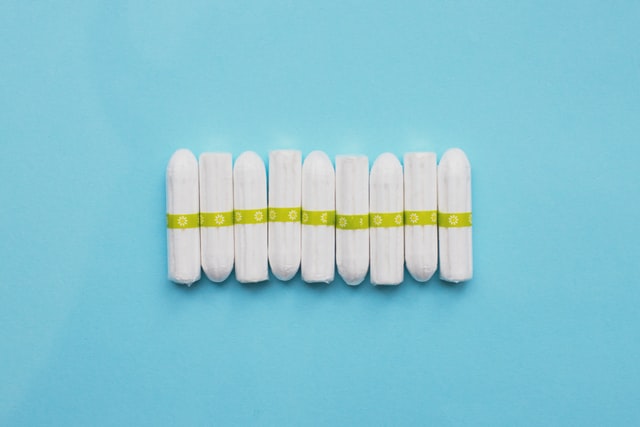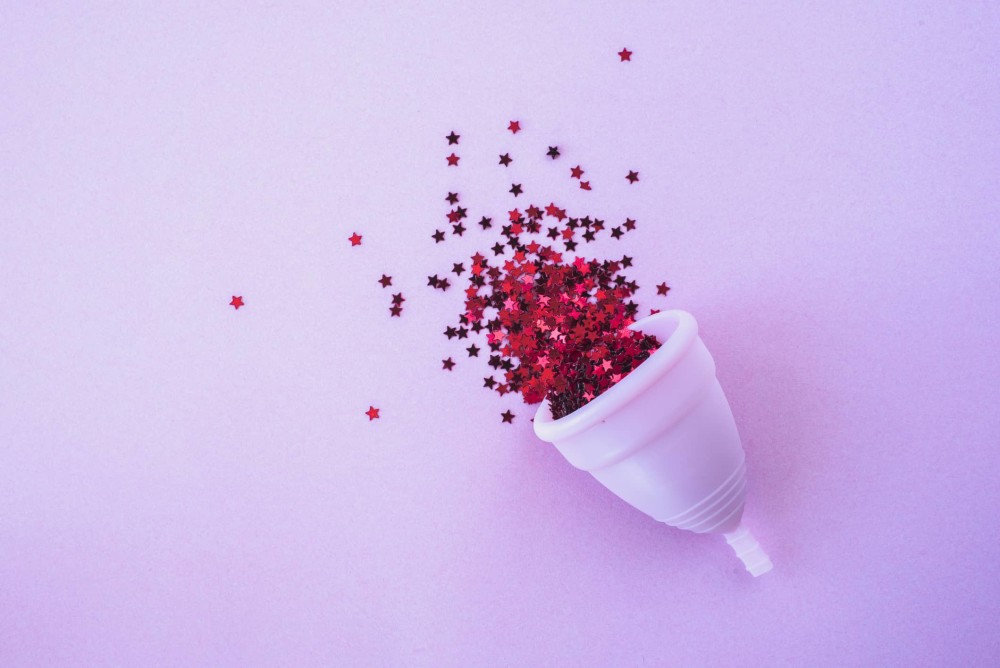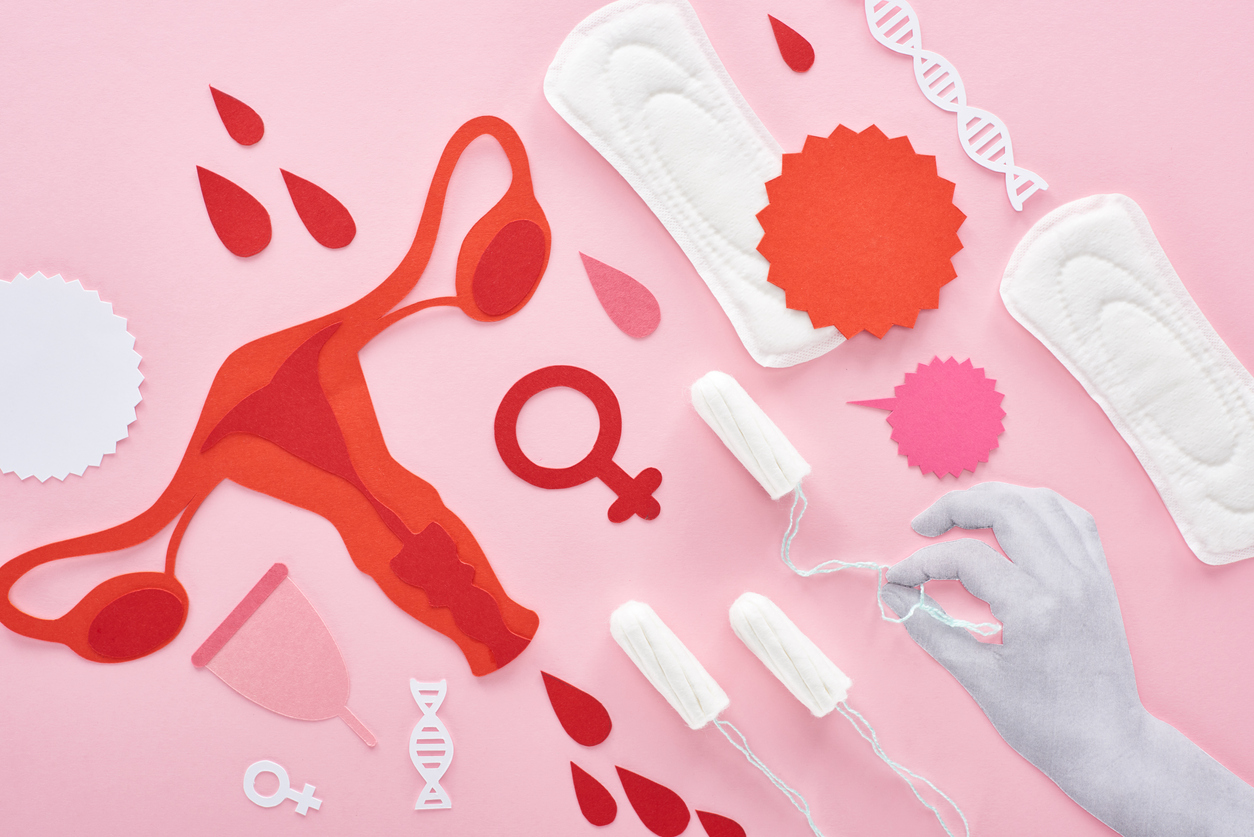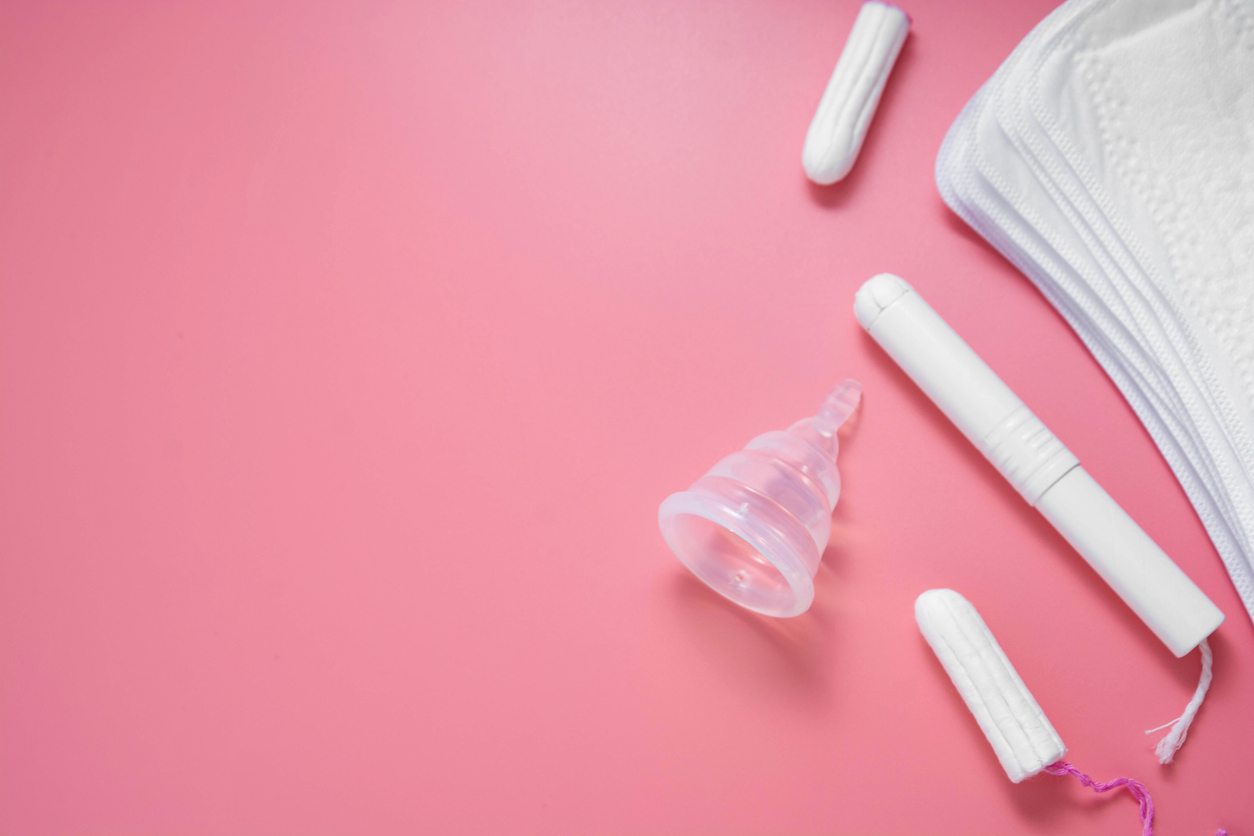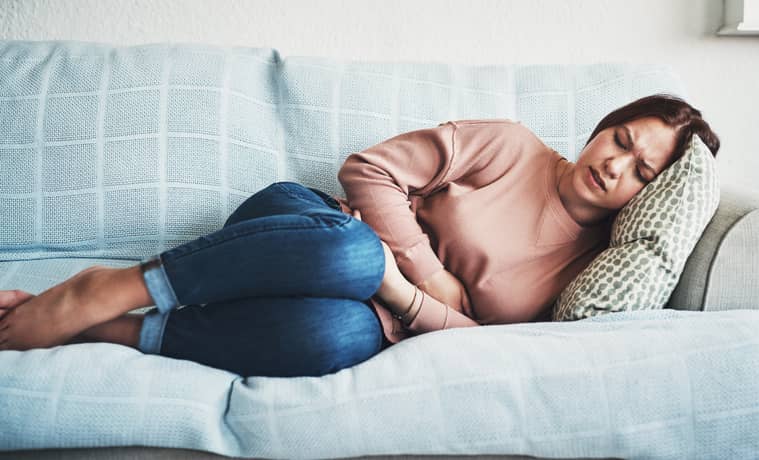If you’re looking for an alternative to the usual period products or you’re keen to help the environment by buying less single-use plastic, you might be considering a menstrual cup.
A menstrual cup – also called a period cup or moon cup – is a sanitary product you can use during your period. Made from soft silicone or rubber, it’s a small, funnel-shaped cup you wear inside your vagina to collect your blood.
Unlike pads or tampons, which are thrown away after use, a menstrual cup can be washed and reused many times. So it can be a more environmentally friendly way of dealing with periods.
But if you’ve always used pads or tampons during your periods, you’ve probably got some questions. So read on to learn what a menstrual cup is and how you can use it, so you can decide if it’s right for you.
Can you wear a menstrual cup overnight?
A menstrual cup can generally be worn for longer than tampons – for 6 to 12 hours, depending on your flow. So as long as your period isn’t too heavy, you should be able to wear it overnight. However, you should follow the instructions for your particular cup.
You shouldn’t wear a menstrual cup for longer than 12 hours. And obviously, if it gets full sooner, you’ll need to empty it to avoid leaks.
Can you wear a menstrual cup while going to the toilet?
Yes. You have 2 openings in your outer genitals (vulva): your vagina, which the cup sits in, and your ‘urethra’ – the hole you wee out of. Your anus, which you poo out of, is at the back. So going to the toilet shouldn’t affect your menstrual cup.
If you’re in a public toilet or a bathroom, it’s worth thinking about the fact that you may need to wash out your cup in a public sink. Some people prefer to carry a bottle of water or wipes to clean their cup in the toilet cubicle instead.
Can you exercise while wearing a menstrual cup?
When you’ve inserted your menstrual cup correctly, you shouldn’t be able to feel it and it won’t leak. So unlike sanitary pads, which can feel awkward or move out of place during some activities, cups are a good option when exercising or playing sport, including swimming.
Can you wear a menstrual cup during sex?
Whether you can wear your menstrual cup during sex depends on the type of cup you’re using. Most reusable cups need to be removed, but you can keep some soft disposable ones in. Your partner shouldn’t be able to feel it and you won’t have to worry about leaks.
Can you wear a menstrual cup with an intrauterine device (IUD)?
If you’re using an intrauterine device (IUD) or ‘coil’ for contraception, it should be fine to use a menstrual cup, too. You may have heard that wearing a cup can dislodge an IUD, but there’s no evidence for this. If you’re concerned, however, ask your doctor for advice.
Does using a menstrual cup have any risks?
A menstrual cup should be safe to use, as long as you follow the instructions and maintain good hygiene practices.
However, there’s a small chance of getting a vaginal infection from using a cup. And, as is the case with tampons, there may also be a very small risk of toxic shock syndrome (TSS). This rare but serious condition that can happen if bacteria get into your body and release toxins.
You can further minimise these risks by making sure you:
- sterilise your cup before using it for the first time and after each period
- empty and wash it regularly
- wash it carefully between each use
- wash your hands before and after handling it
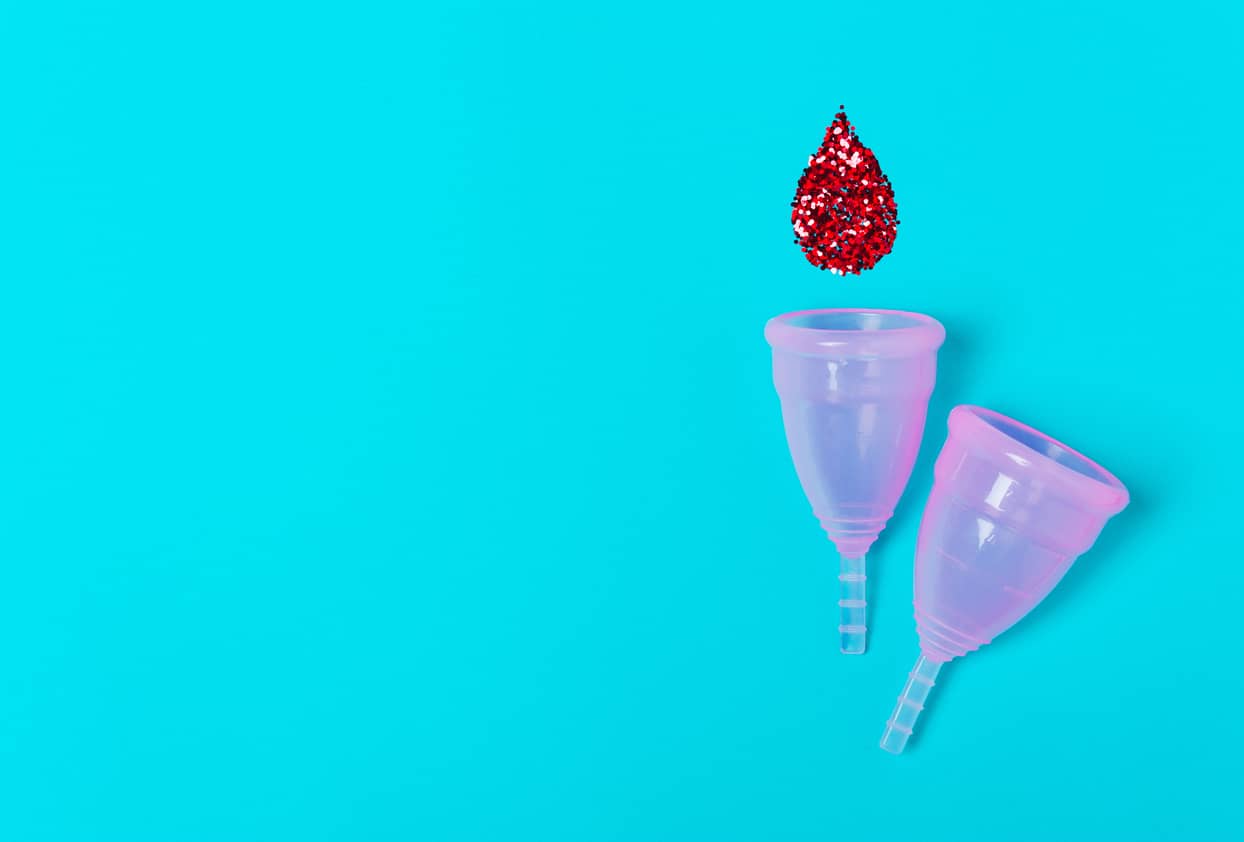
When to speak to a doctor
While inserting a menstrual cup may feel uncomfortable at first, if you find it very painful, it’s a good idea to talk to your doctor. They will be able to check if a medical condition is causing the pain, and offer advice.
If you have any symptoms of toxic shock syndrome, you should get medical help straight away.
Key points
- a menstrual cup can be used instead of pads and tampons during your period
- you should be able to wear it at night but check the instructions for your particular cup
- as with tampons, there may be a very small risk of toxic shock syndrome
- speak to your doctor if it’s painful to insert a menstrual cup
- if you think you may have toxic shock syndrome, get medical help straight away


